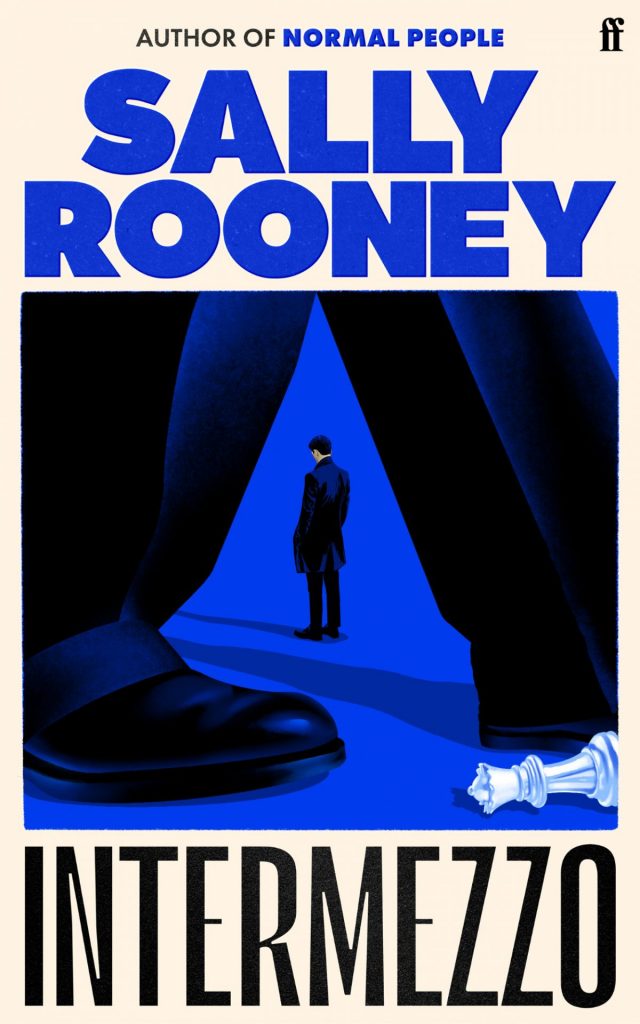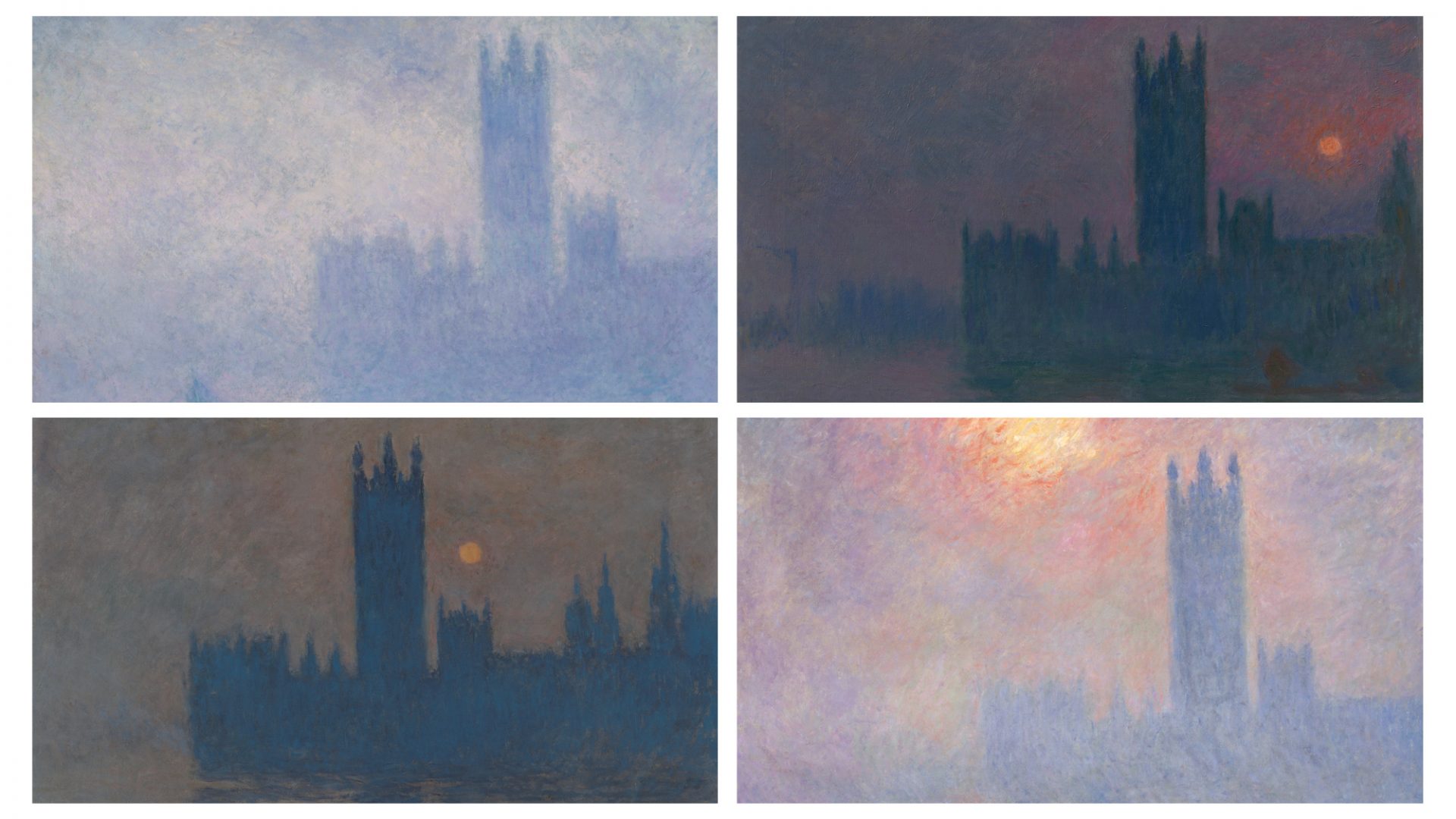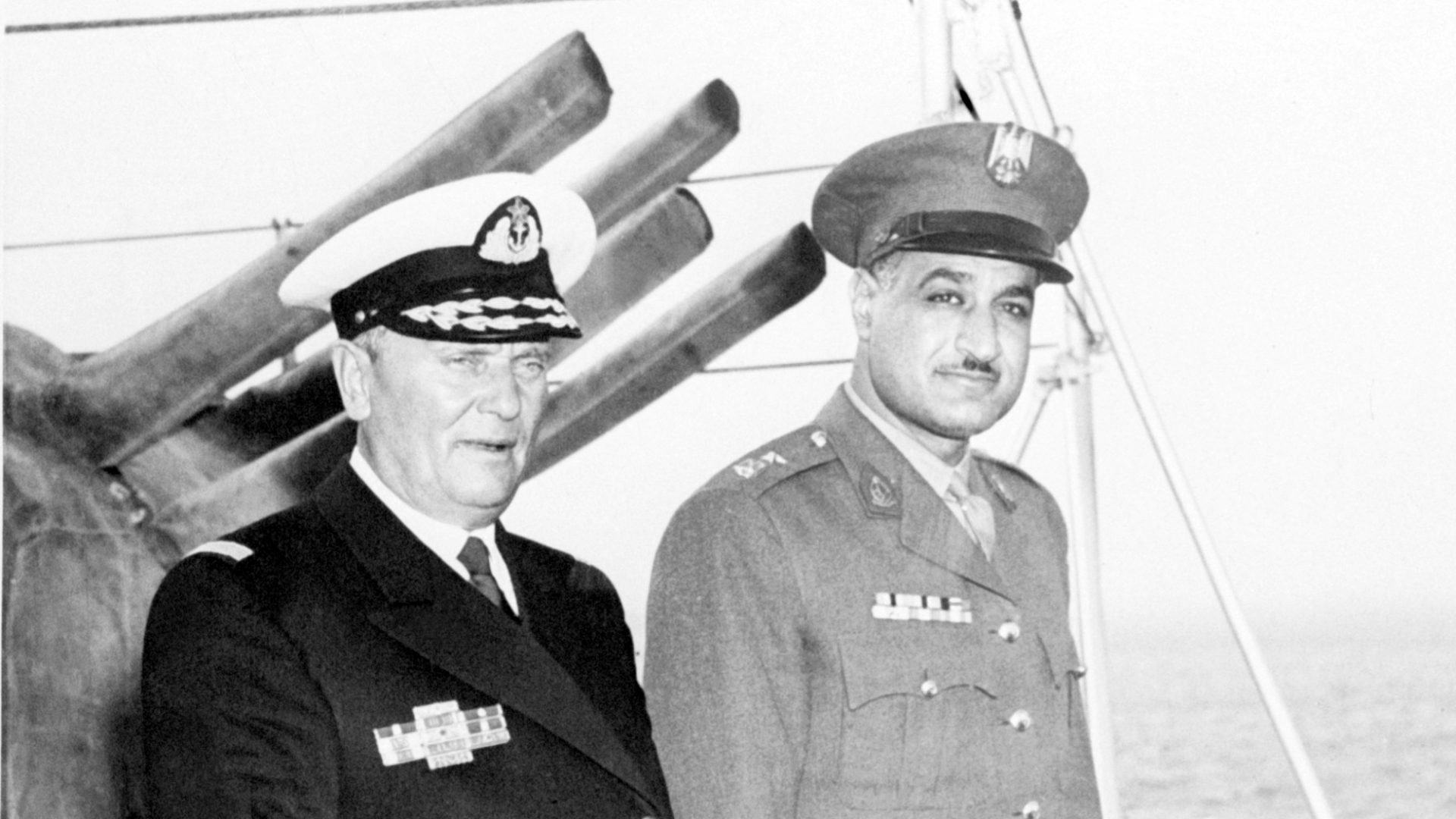They queued from early evening outside Greenlight books in Brooklyn waiting for midnight to grant them access to a literary novel. Not since the last Harry Potter instalment had there been this level of excitement, and the people in the line last Monday night were the right age to have been in that queue too.
The doors opened at 10.30pm and the excited throng filed in, killing time until the witching hour with a trivia quiz and a discussion of the author’s previous books. Just before midnight a table was wheeled out on which were piled signed copies of the book that had summoned these literary night owls: Sally Rooney’s new novel Intermezzo.
There were gasps and exclamations. There was the odd half-suppressed shriek. There was a countdown, midnight struck and the crowd descended upon the hardbacks.
Sally Rooney’s fourth novel is at large in the world and the book world is all of a tizz. No book this year will be more widely reviewed or widely discussed. No book this year has been more keenly anticipated. It is already a phenomenon.
But is it any good? Yes. Yes it is.
Intermezzo revolves around west of Ireland brothers Peter and Ivan Koubek and the complex web of relationships emanating from them. Peter is a Dublin barrister in his early thirties still trying to come to terms with the end of his relationship with ex-partner Sylvia, an academic who ended things so as not to be a burden after a car accident left her in chronic pain. In the meantime Peter has become involved in an increasingly intense entanglement with a much younger vulnerable woman, a student called Naomi. The dynamics and power balance of their relationship make for uncomfortable reading.
Twenty-two-year-old sibling Ivan, meanwhile, is an exceptional chess player embarking on a complicated relationship with Margaret, 14 years his senior and the manager of an arts centre in County Leitrim where Ivan has competed in a chess tournament, extricating herself from a difficult marriage to an alcoholic husband. Ivan and Margaret’s mutual attraction is as much of a surprise to each of them as it is exhilarating, but Margaret in particular is aware that in small-town west of Ireland this kind of thing is difficult to keep secret.
It would not be a Sally Rooney novel without unspoken pressures creating tension, and for the brothers it is the recent death of their father, to whom Ivan was particularly close. The sibling relationship is one captured particularly well here.
The 10-year age gap between Ivan and Peter creates a distance as well as a closeness, while Peter retains a strange resentment over the break-up of the parents’ marriage that happened when Ivan was still a toddler.
If this male sibling relationship is a new departure for the author, readers will notice subtle differences in her prose too. The contemplative, sometimes even dreamlike feel of her novels is accounted for at least in part by the way Rooney writes.
Few writers take as much of an authorial back seat; one of her most extraordinary talents is in the way she conjures such vivid characters and worlds in such spare and unshowy prose, as if she has stepped quietly out of the novel and left the reader alone with the characters.
In Intermezzo the brothers narrate their parts of the book in distinctive voices. Ivan’s is a young voice, definitely a male voice, its vocabulary limited, his thoughts often immature, certainly to begin with.
Peter, meanwhile, is given a wholly different voice, practically a stream of consciousness, disjointed phrases and repeated words, unfinished sentences strewn with literary quotations and thoughts that crash into each other. It’s a brave device in many ways, an author prepared to deviate from the tried and trusted methods that have served her so well. And it works.
Intermezzo arrives in the eye of an extraordinary brouhaha. Greenlight was not the only bookshop to open at midnight. Chapters Bookshop in Dublin expected to sell so many copies they offered a discount on any novel by an Irish writer bought along with Intermezzo. It is already the most reviewed book of the year having already been the subject of think pieces and previews weeks ahead of publication.
If the burden of expectation weighed heavily on authorial shoulders this is not discernible in the novel. Rooney is subject to a level of pressure unrivalled in the world of literary fiction that isolates her among her peers.
Only Hilary Mantel has come close to the scrutiny Rooney is under whenever she publishes something new, and even then Mantel had written several books before Wolf Hall launched her into the stratosphere. For Rooney, spectacular success arrived when she was in her mid-twenties. She is still only 33.
Fortunately Rooney is able to retain a significant degree of control over her public presence. Home remains close to the town where she grew up, Castlebar in County Mayo, where she lives quietly away from the noise with her husband, grants a handful of interviews to outlets she trusts and has no presence on social media.
This enigmatic approach means that when she does appear in the media she is worth listening to and does not have to accompany her opinions dancing on TikTok. It also gives her a certain amount of control of her own destiny.
Remarkable as it seems, it is only seven years since Rooney launched her first novel Conversations with Friends in 2017 with a small gathering in Dublin and a handful of impressed reviews. Within just three years the TV adaptation of her second novel Normal People was being heralded as the television event of the decade, making instant stars of its protagonists Paul Mescal and Daisy Edgar-Jones and helping to catapult Rooney to a new level of fame she found distinctly uncomfortable.
“I don’t want to be the centre of attention like that ever again,” she said.
The transformation of her life in such a short space of time only increased the importance of being able to live a quieter life away from the cacophony of being Sally Rooney. When Alice, the successful novelist who is one of the main characters in Beautiful World, Where Are You, writes to her friend Eileen: “Every day I wonder why my life has turned out this way. I never advertised myself as a psychologically robust person, capable of withstanding extensive public inquiries into my personality and upbringing,” that is about as autobiographical as Rooney has ever allowed herself to be in her writing.
It’s always been a paradox of authorship that an activity by nature and necessity solitary and introverted forces authors to become the diametrical opposite when their book is published.
It’s all very well having a great idea for a book, securing a deal for it and then writing it, but once it’s finished and out there you’re expected to switch instantly into a gregarious extrovert, cheerfully strewing anecdotes, opinions and wisdom like roses from your hatband as you pass through various media outlets and events with a cheerful smile and a song in your heart.
From sitting in a corner of a room for months on end living on Red Bull and Frazzles while communicating with loved ones via little more than a series of grunts, authors have to immediately click into being public figures, appearing at festivals, able to talk for an hour in front of crowds of strangers, doing radio interviews, appearing on chat shows and generally being the showbiz opposite of their chosen profession.
It’s weird enough when you’re a midlist author hardly anyone has heard of, but when you’re launched into the kind of celebrity that Sally Rooney has had thrust upon her it must be utterly bewildering.
It would have been easy for her to go along with everything she was expected to do, the tweets, the Instagram unboxing videos, the manic dancing on TikTok, the instant opinions on any subject, spending most of her waking hours in front of her own increasingly pale and bleary face on Zoom calls where she’s asked for the tenth time that day where she gets her ideas from.
It is to her immense credit that Rooney has held all that at bay. Lesser authors would be swallowed whole by the recent course of Sally Rooney’s life yet she has managed to protect herself from its excesses.
Occasionally, even in the few interviews she grants, the tangible legacy of the scrutiny she endures does peep from behind the curtain. Insightful but cagey in interviews, Rooney never goes into detail about her private life – in one of the first interviews she did for her debut in 2017 she found herself being quizzed on her sex life live on Irish national radio – and always emphasising her awareness of how fortunate she is, the privileged position in which she finds herself.
Almost every opinion she expresses in interviews is prefaced by reaction-anticipating caveats that start with “I know I’m in a fortunate position, but…”, constantly alert to the need
to smother at source anything that could be seized upon by nefarious reviewers or professional contrarians. Second-guessing has become second nature.
There have been occasions when she has spoken out on subjects she feels are important beyond the world of her books. She was a prominent voice of the pro-choice camp during the 2018 Irish referendum on abortion and has been fiercely critical of Israel even before the events since October 7, refusing to sanction a Hebrew translation of Beautiful World, Where Are You if it was created in Israel.
Ultimately she is aware that, even as a millennial in this age of manufactured celebrity, the books are the important thing. They are where she answers all the questions, where she distils her interpretation of the workings of the world and the people in it, their interactions, their flaws, their mistakes, their joys and, crucially, their hopes. That is, after all, what a novel is for and that is what has people queuing outside bookshops on chilly Monday nights in Brooklyn.
As Ivan puts it in Intermezzo: “It is better to feel hopeful and optimistic about one’s life on earth while engaged in the never-ending struggle to pay rent than to feel despondent and depressed while engaged in the same non-optional struggle anyway.”
Intermezzo by Sally Rooney is published by Faber, price £20





